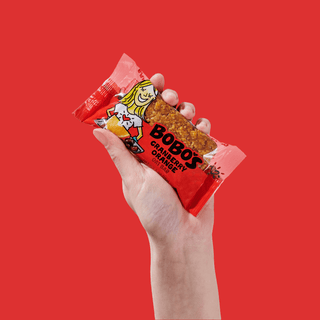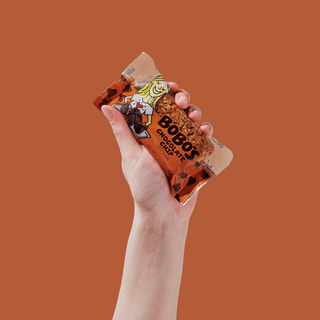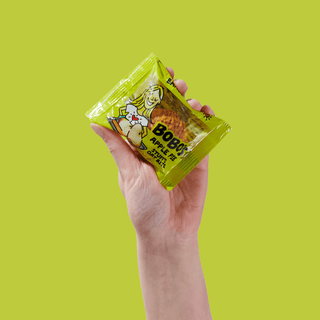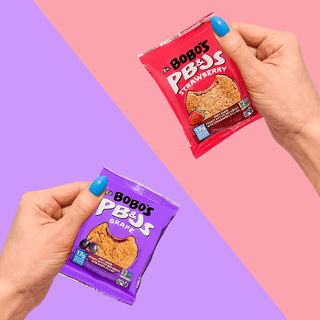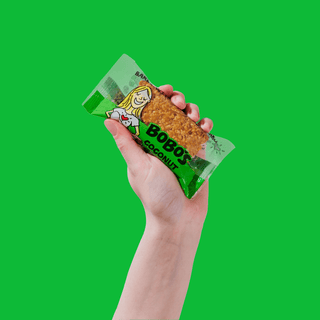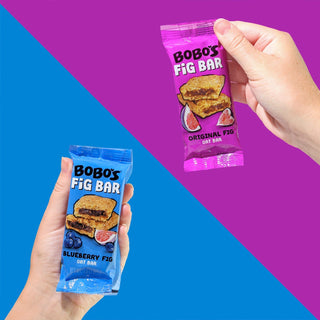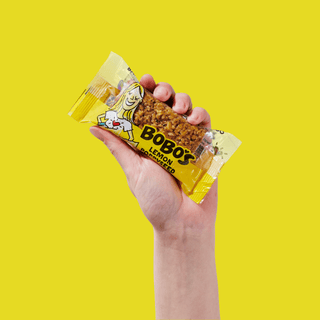As an athlete, it’s important to get a well-rounded array of nutrients, like protein, good fats, fiber, complex carbs, and magnesium, all of which can aid in muscle recovery and growth. Yet, when you think of heavy protein-based items, you often think of meat and fish, rather than plant-based foods.
However, if you are a plant-based athlete, you’ll need to figure out some amazing plant-based meals and recipes that work for your diet. Think: beans and legumes, veggies, whole grains, like quinoa or oats, and plant-based protein bars, which can provide a rich supply of macronutrients in an on-the-go form.
So, what should you be eating if you do not eat much of or any meat and opt for a diet that consists mostly of plant foods? And especially if you are an athlete, where you put more strain on your muscles each day and burn more calories than the average person?
Here are a few of the best foods to eat and some tips to keep in mind for a solid plant-based diet for athletes that will keep your body strong and satisfied pre- and post-workout.
Whole Grains
Grains are high in fiber and complex carbs, so eating oats, quinoa, amaranth, buckwheat, and brown rice before or after a workout can provide fuel for pre-workout or great recovery post-workout. That fiber keeps you fuller longer, and it keeps you regular, so you can perform better and not feel too weighed down or lethargic.
Plus, the amount of fiber in whole grains is not too high whereas some quinoa or whole grain toast pre-workout would cause you to run to the bathroom with digestive issues. You can pair whole grains with more plant-based recipes that an athlete may benefit from, such as leafy greens, which have magnesium, an important electrolyte to help balance the body, fight muscle soreness, and repair muscle damage.
Plant-Based Protein Bars
Protein bars are great for pre- and post-workout snacking for athletes, as they are portable, easy to nosh on anywhere, anytime, and have a good array of nutrients that are geared towards boosting performance and keeping hunger at bay. For instance, you can look for protein bars that offer nuts and seeds as a source of good fats and plant-based protein, with about 10+ grams of protein per bar.
Ingredients like nut butter, hemp and chia seeds, and fruit can make for the healthiest protein bars you can find on the market, as they are made with whole food ingredients, rather than strange additives and sweeteners, which can lead to digestive discomfort. For instance, whey protein, can be harsh on the stomach in some individuals.
Tofu and Edamame
Getting protein as a plant-based athlete is critical, but protein is more widely absorbable and available in meat and fish sources, like beef, chicken, fish, eggs and dairy products—not as much in plants, grains, beans, and legumes. Yet, tofu, or soy protein, which is also found in edamame, seitan, and tempeh, are all super high in protein and a type that is available for athletes to absorb and use for muscle recovery and fullness.
So, pair edamame with whole grains or beans, add it to stir-fry or eat plain as a dry-roasted snack. Use tofu in a salad for protein, in a scramble as an egg substitute, or even in a smoothie for a sneaky source of protein
Beans and Legumes
High in protein, iron, fiber, and magnesium, beans and legumes are great for recovery in plant-based athlete meals; however, limit them before that workout, as they can be harsh on the stomach and lead to digestive woes mid-workout! Afterwards though, eat in a salad or create a grain bowl with them. You can make veggie tacos or even add them into dessert—try them in brownies!
Potatoes
Whip up a baked sweet or white potato with healthy toppings like beans, avocado, veggies, and cheese, if you desire. Potatoes are rich in potassium, an electrolyte needed to repair muscle damage post-workout, so athletes need plenty of it. They also have some good fiber to keep you fuller longer and regular, in general.
Fruits and Veggies
Of course, fruits and veggies are high in antioxidants to lower inflammation and boost heart health—both of which are wonderful for athletes, as your muscles are inflamed after strenuous exercise. And of course, in general, a healthy heart means greater longevity and wellness, so you’ll feel like your best self and have increased performance.
Plus, fruits and veggies have fiber and magnesium, especially leafy greens like kale and spinach, which can help boost electrolytes after a workout. Bananas are a great fruit option, due to magnesium, so enjoy one after a workout with some nut butter (nuts also are high in magnesium!) to replenish those depleted electrolyte stores and get back some quick energy from the fast-acting carb source and bit of natural sugar.
As long as you keep these foods on hand, you can have a healthy, nutritionally dense diet that checks you off on all the macronutrients and vitamins and minerals you need as an athlete. You won’t need the meat one bit!

